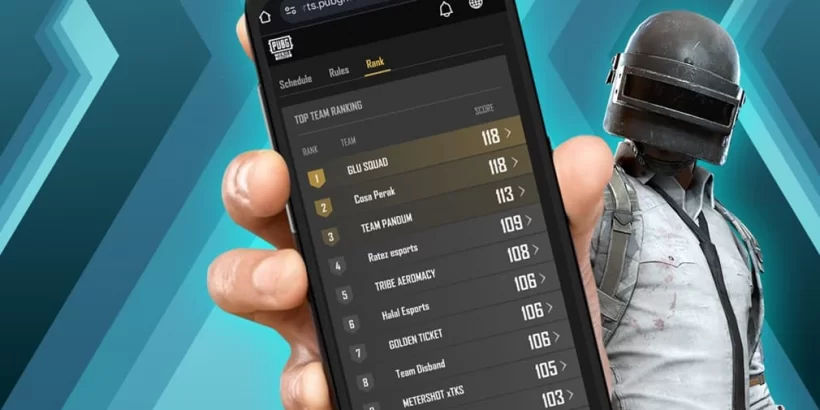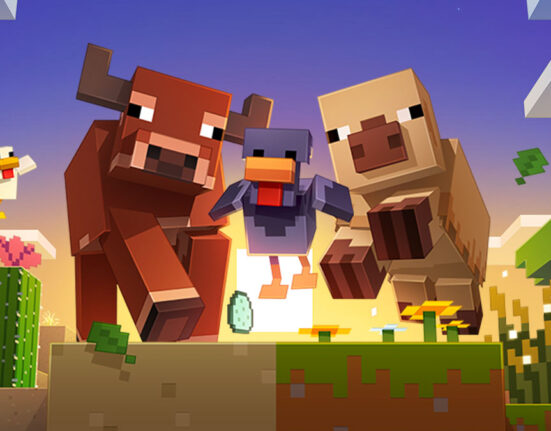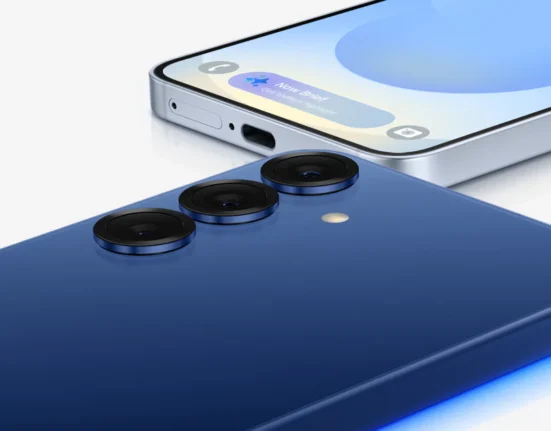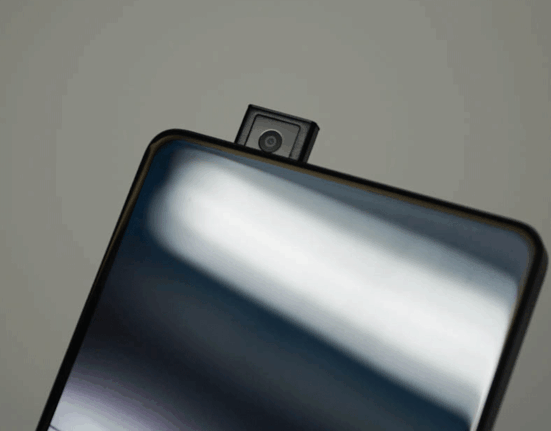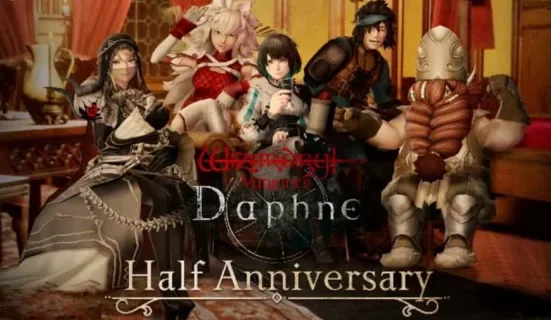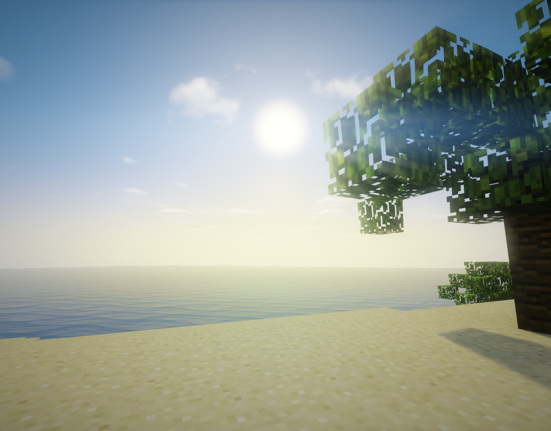Once upon a time, the idea of major mobile games being outright banned felt almost absurd. But recent years have taught us otherwise. From Marvel Snap facing regulatory hurdles to the crackdown on popular battle royale titles, the mobile gaming space has proven to be more politically charged than anyone might’ve expected. One of the earliest examples of this trend was in Bangladesh, where both PUBG Mobile and Free Fire were removed from digital storefronts, largely due to claims that these games negatively impacted the mental health of younger audiences.
Fast forward to today, and there’s a surprising development—PUBG Mobile has been unbanned in Bangladesh, marking a dramatic shift in policy that few anticipated. The decision is especially notable considering how rigorously the ban had been enforced. This wasn’t just a quiet removal from app stores; authorities treated it seriously enough to intervene directly in public events.
For instance, back in 2022, a headline-grabbing incident took place when Bangladeshi officials disrupted a PUBG Mobile LAN tournament being held at a local community center in the Chuadanga district. The raid stirred up significant backlash, particularly among the nation’s growing eSports scene and those concerned with broader issues around civil freedoms and state overreach.
A Win for Players, But What Does It Mean?
On the surface, the game’s return could be seen as a major victory—not just for players, but for digital freedom as well. Yet, there’s also a lingering question of relevance. Nearly four years have passed since the original ban, and the gaming landscape has evolved dramatically in that time. Many former fans may have already moved on, exploring new titles or shifting away from the genre altogether.
Still, the unbanning is symbolic. It represents a potential softening of the rigid stance authorities once held over digital entertainment. And it serves as a reminder that mobile gaming doesn’t exist in a vacuum—it’s often deeply intertwined with broader societal dynamics, from public health debates to political narratives.
Bangladesh’s about-face on PUBG Mobile also echoes similar struggles in other regions. Look no further than India, where the game’s publisher has faced off against regulatory scrutiny and sweeping data privacy laws. Or consider how TikTok’s global controversies have created ripple effects across other digital platforms. Clearly, even casual gaming isn’t immune from the complex realities of geopolitics and social policy.
Thankfully, for most players around the world, access to games like PUBG Mobile isn’t a matter of legal contention. So, if you’re among those lucky enough to download and play without restriction, now might be a great time to appreciate that freedom. In fact, if you’re looking for something new to try, check out our latest roundup of the top five mobile games worth playing this week—your next obsession could be just a tap away.
